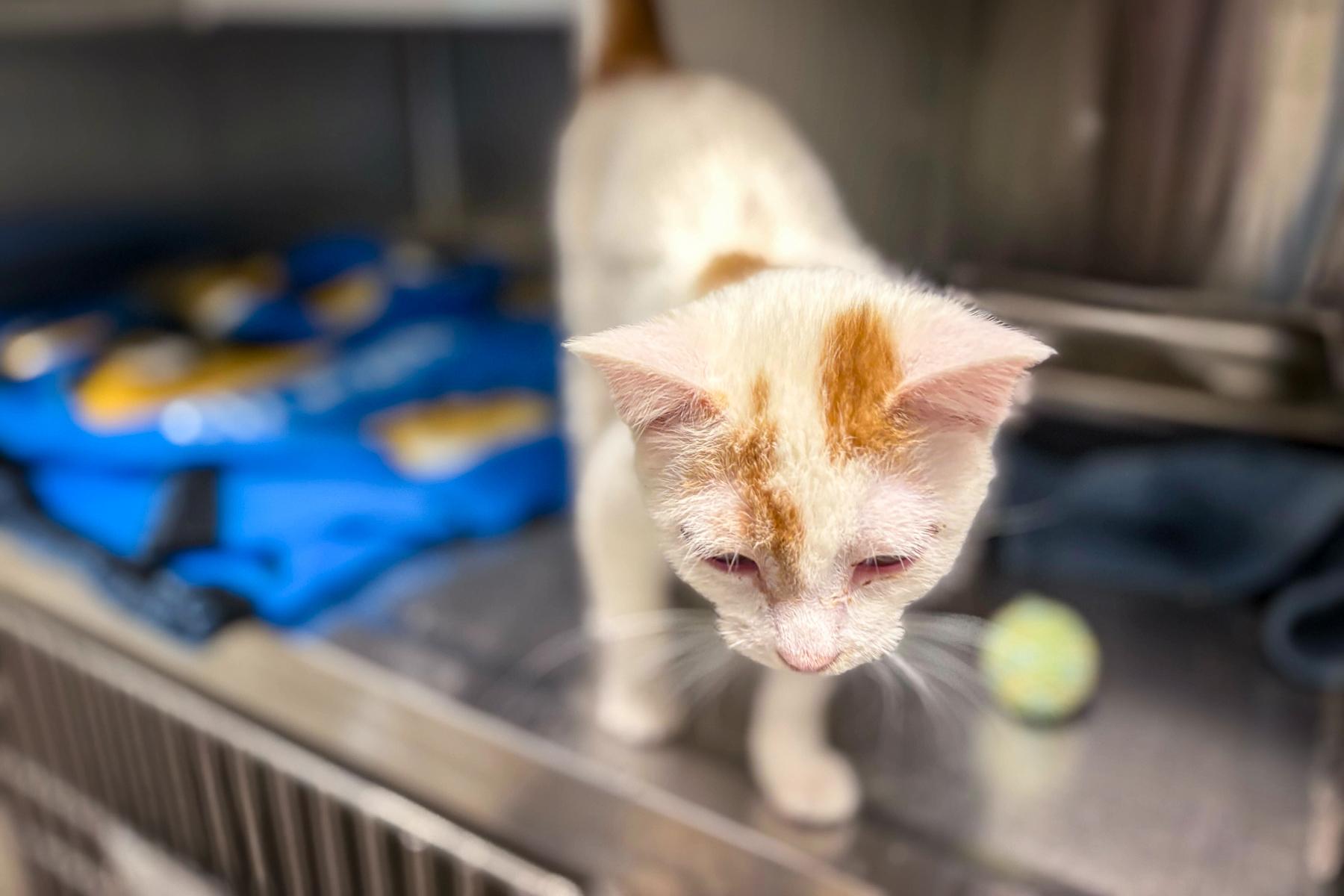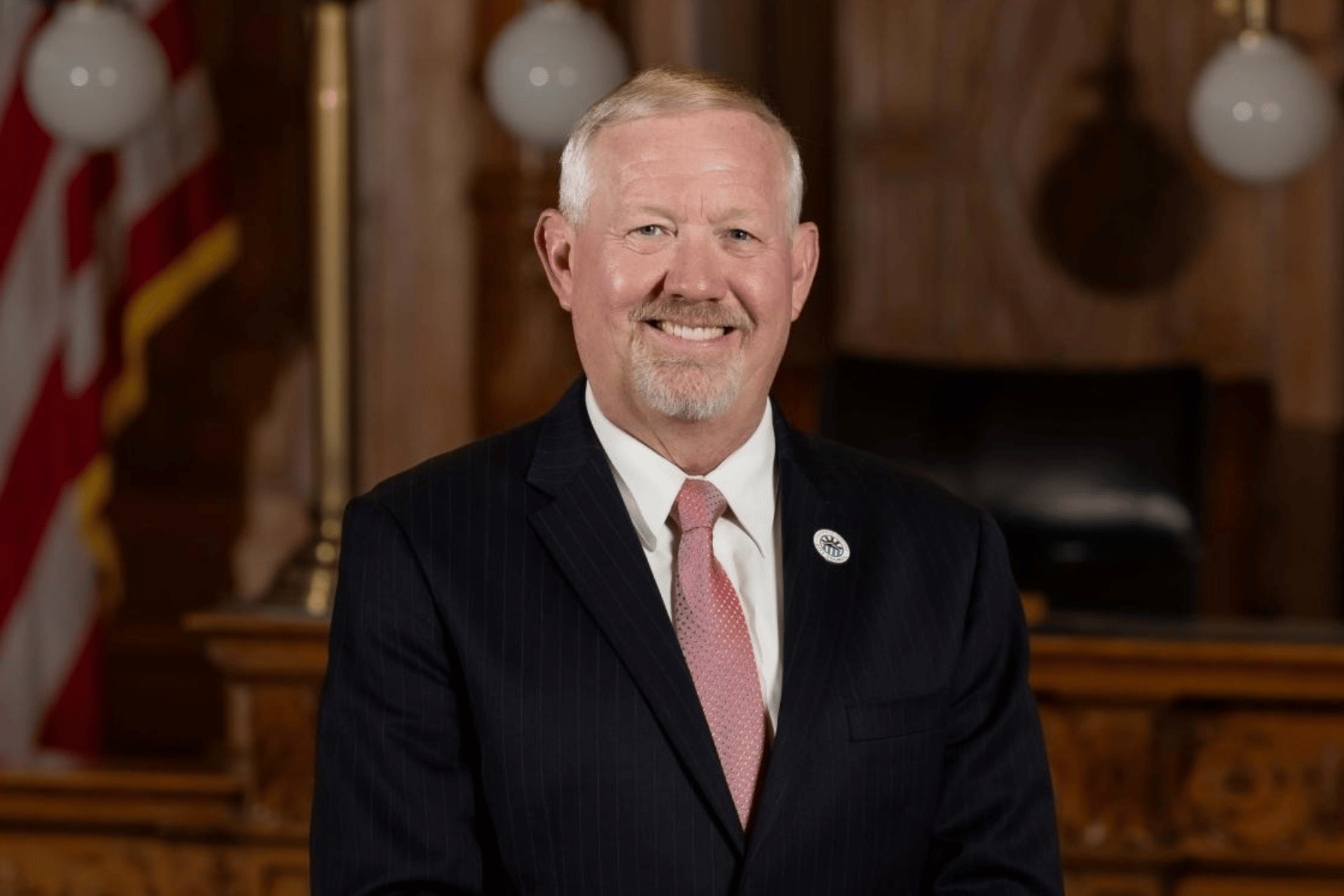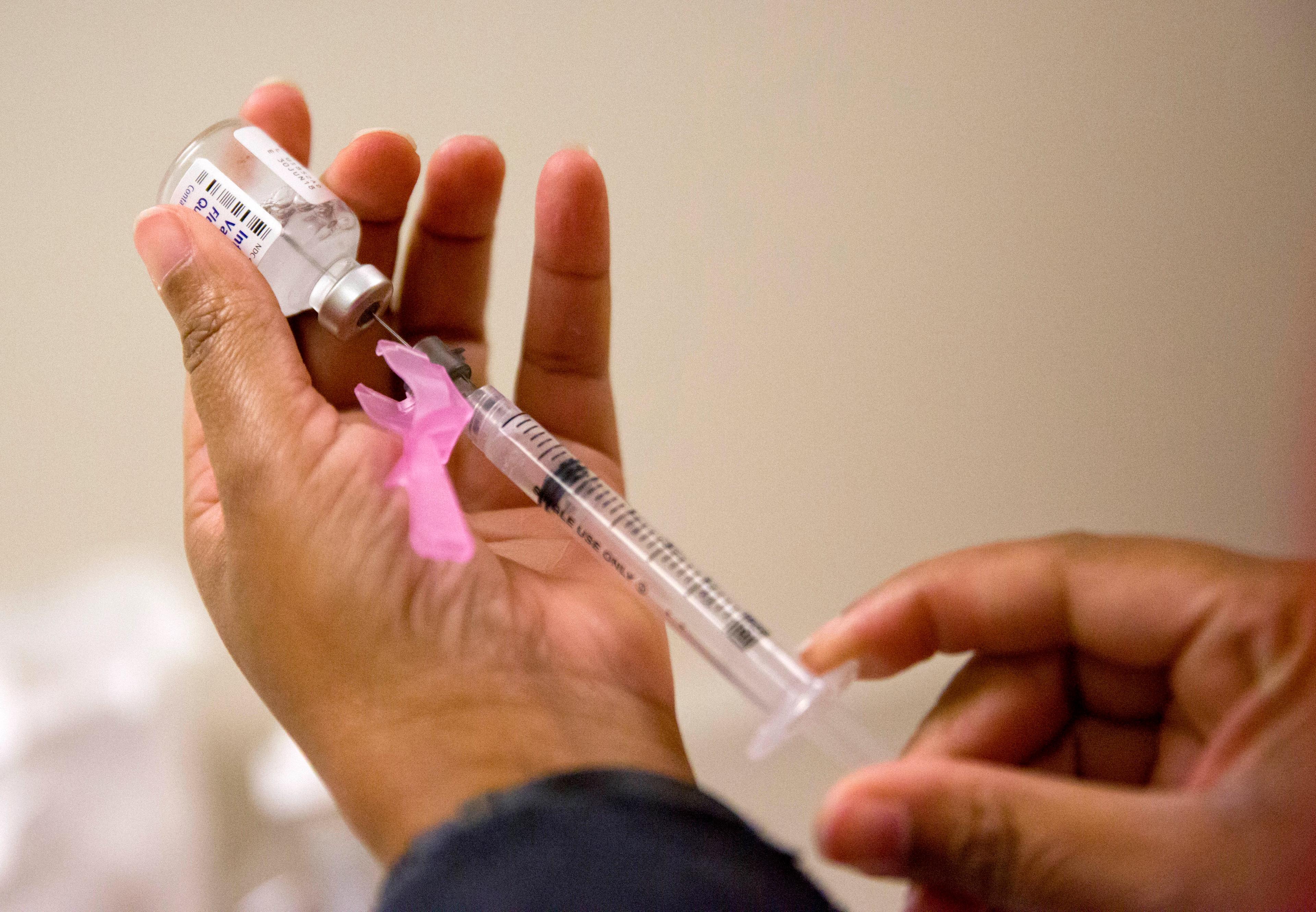 BASE jumping, rock climbing, kayaking, skiing and snowboarding—Colorado has it all when it comes to challenging adventures.
BASE jumping, rock climbing, kayaking, skiing and snowboarding—Colorado has it all when it comes to challenging adventures.
So where better, then, to hold one of the world’s first conferences on extreme sports medicine?
That's what Omer Mei-Dan, a surgeon with the University of Colorado’s Sports Medicine clinic, thought when he first dreamt up the idea. Mei-Dan has extreme sports experience on his side: For the last thirty years he has surfed, climbed, mountaineered, skied and engaged in every other risky outdoor activity imaginable. For 10 years he was a member of Red Bull’s Global BASE jumping team, traveling around the world to complete jumps from heights unimaginable to less adrenaline-fueled athletes.
Now, with the conference June 13-14 in Boulder, Mei-Dan plans to push the boundaries of his profession. “With this congress, I hope that maybe we’ll define a new field within sports medicine,” he says.
 Extreme sports athletes (ESAs) differ from other athletes in their mental characteristics, physiology and even in their endocrinology, Mei-Dan says. Their psyches need particular attention. And, he says, while doctors know how to rehabilitate a baseball or football player psychologically, they are less experienced at treating ESAs.
Extreme sports athletes (ESAs) differ from other athletes in their mental characteristics, physiology and even in their endocrinology, Mei-Dan says. Their psyches need particular attention. And, he says, while doctors know how to rehabilitate a baseball or football player psychologically, they are less experienced at treating ESAs.
"These athletes often return to their sports before completing rehabilitation, jeopardizing their recovery and sometimes even their lives," Mei-Dan says. “So we need to understand that and we need to know how to approach these people.”
The effort to reign in some of these tendencies should start young, Mei-Dan suggests. At the conference, a pair of German physicians, the doctors Volker and Isabelle Schöffl, will address an issue of concern to many Colorado parents: how to stop highly motivated children from overtraining and injuring themselves while they are still growing.
Mei-Dan’s own athletic career started early in life with surfing—an unlikely activity in Israel, where he grew up. "It was kind of like choosing your own path, it was unique,” Mei-Dan says. Neither Mei-Dan nor his brother had wetsuits and they wore sweatshirts to surf. "My mom and my dad were looking at us like we were crazy at the age of 11,” he says.
From surfing, Mei-Dan moved to climbing, kayaking and BASE jumping, among other activities. He worked as a bungee guide and as a mountaineering guide. But taking unnecessary risks is never in the equation for the seasoned ESA, he says.
“We do take risks but we do it in a calculated manner and that is how we stay on top on things for 15 to 20 years,” Mei-Dan says. “I would not get into a fight with a lion. For most of the risks I am taking, I know what is going to happen on the way, and I know how to deal with what comes up.”
But doesn’t Mei-Dan worry that he may get injured and be unable to work as a surgeon?
He pauses for less time than it takes to pull the cord on a parachute. “I just eliminated the word worry from my vocabulary,” he says.








